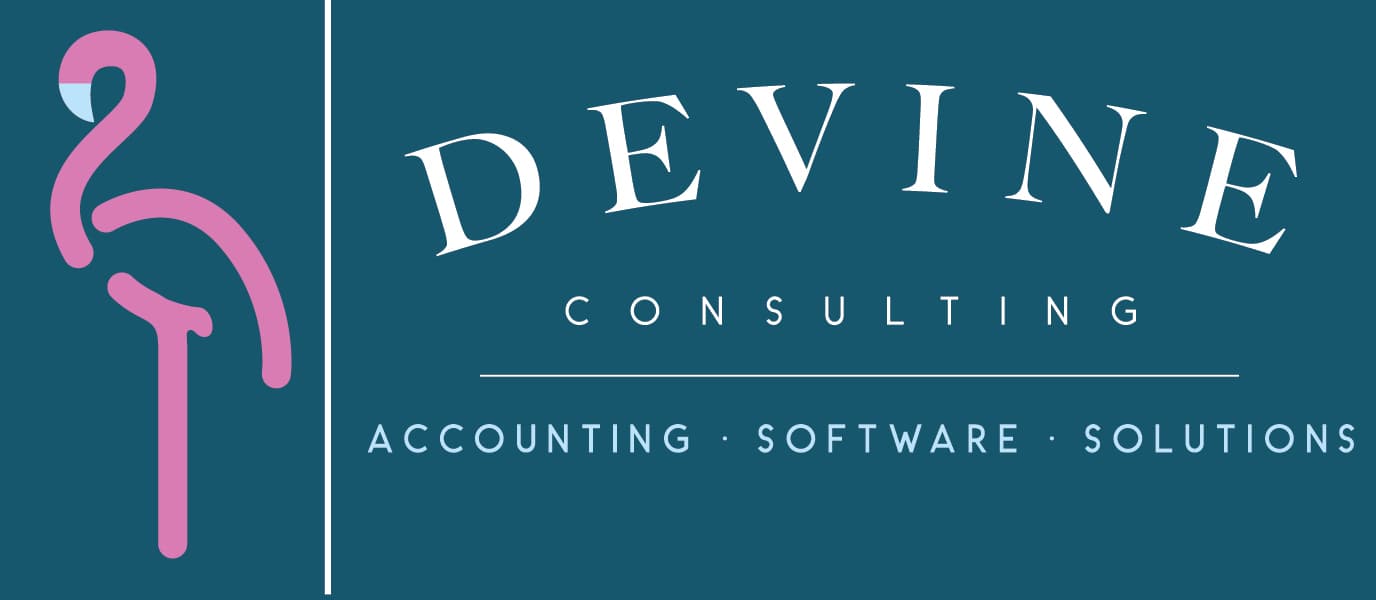How to Manage Your Small Business Accounting Tasks
Every small business owner knows it-the early stages are tough. And compared to larger, more established organizations, managing your finances is a very different ordeal altogether.
Every small business owner knows it-the early stages are tough. And compared to larger, more established organizations, managing your finances is a very different ordeal altogether.
Challenges aside, though, the sooner you learn to track and manage your business’s finances efficiently, the better. And despite how intimidating it may initially seem, you can learn the proper small business accounting techniques to keep your pride and joy afloat.
So, how different is accounting for small business owners?
Compared to larger organizations, small companies rarely have a full-on accounting staff that can handle sizeable or complex issues. This often leaves the role of accountant to the business owner, who tackles everything from a do-it-yourself approach. While this tactic may work just fine for other business decisions, without a formal background in accounting or bookkeeping, it can quickly become overwhelming and risky.
If you’ve recognized that your small business’s accounting procedures need a bit more TLC than you’ve provided lately, consider the following eight accounting tasks you should prioritize for successful small business accounting.
Regardless of size or industry, you should always start your operations by opening a business bank account. Keeping this separate from your regular funds can help protect your personal assets in case of audits, lawsuits, bankruptcy, or any other mishaps.
Start by opening a checking account, quickly followed by a savings fund to help you plan for taxes and organize cash flow funds. Invest in a business credit card to help fund significant expenses and start building credit.
While you don’t have to be an expert, you should at least know some accounting basics. Question which method sounds best and how your business fits into the equation. Do you prefer the cash method, which requires you only to recognize revenue and expenses when the payment occurs? Or should you use the highly-recommended accrual method, which counts payments and expenses as they’re earned?
Regardless of your chosen method, getting the accounting equation down pat is a great idea. This simple formula can make understanding your debit and credit so much easier:
Asset = Liabilities + Owners’ Equity
No matter how inconsequential some expenses may seem, you need to keep up with them as much as possible. Per the IRS, businesses must keep documentation proving income, credits, and deductions on their tax return. Many small business expenses are tax deductible, but they cannot be claimed without a payment record.
Unfortunately, many people go the traditional route and resort to tactics like manually tracking receipts. For one person or a very small team, this can be overwhelming. Thankfully, though, small business owners can enjoy an efficient recordkeeping system with modern technology.
Expenses may vary depending on your business’s size, location, and industry. Generally, we advise you to keep up with items such as the following:
Every business owner needs bookkeeping. But unfortunately, many people struggle to understand how it differs from accounting. As a more low-level approach, bookkeeping describes the day-to-day process of recording business transactions, categorizing them, and reconciling your bank statements. Because this ongoing task should be completed so often, the best option for getting your books done is either using quality accounting software or seeking the help of professionals.
Need the hard numbers without the extra analysis? Frankly Bookkeeping is the perfect option for you. If you’re not yet ready to commit to full-on outsourced accounting services, our sister division can help keep your books-up-to date while reducing your overall expenses.
Once you start hiring employees and independent contractors, it’s time to create a payroll system. Payroll is almost as much of a human resources responsibility as accounting, and as a small business owner, you have to play both roles. Use one of the many available payroll systems online to set up a schedule to ensure you’re withholding the correct amount of taxes. And for your independent contractors, make sure you’re accurately tracking how much you’re paying.
Speaking of software, investing in professional business accounting software is one of the best financial decisions you’ll make at this stage in your development. Ditch the old-school methods of using spreadsheets and manual ledgers for everything, and increase your odds for accurate data as you save time.
Take your newfound accounting knowledge and create a plan for properly handling your income and expenses. Learn how to write an invoice so customers can easily service you and pay your vendors on time for good credit.
And most importantly, learn how to create a budget plan that works. Taking any project without budgeting and considering the risks can severely cost you. And if you’re heavily monitoring your transactions, failing to budget properly is largely counterintuitive to your success. Start formulating a budget plan that’ll help maximize your return on investment and keep you from making risky decisions that’ll cost more than you intended to spend.
The best step you can take toward getting a handle on your small business accounting tasks is to partner with an experienced accounting partner to help you measure and understand your finances. You could consider hiring a:
Or, even better-an entire team of outsourced financial accountants.
With our complete financial accounting services, you can participate in a trusted, secure process that guarantees peace of mind. Regardless of your company’s size, we’re creating real solutions and making our clients’ lives easier. So what are you waiting for? Join The Flock and see what sets us apart.
Let’s build a relationship. Request a consultation today.

Devine Consulting offers comprehensive accounting solutions for clients across various industries.
This site uses cookies. By continuing to browse the site, you are agreeing to our use of cookies.
OKLearn moreWe may request cookies to be set on your device. We use cookies to let us know when you visit our websites, how you interact with us, to enrich your user experience, and to customize your relationship with our website.
Click on the different category headings to find out more. You can also change some of your preferences. Note that blocking some types of cookies may impact your experience on our websites and the services we are able to offer.
These cookies are strictly necessary to provide you with services available through our website and to use some of its features.
Because these cookies are strictly necessary to deliver the website, refusing them will have impact how our site functions. You always can block or delete cookies by changing your browser settings and force blocking all cookies on this website. But this will always prompt you to accept/refuse cookies when revisiting our site.
We fully respect if you want to refuse cookies but to avoid asking you again and again kindly allow us to store a cookie for that. You are free to opt out any time or opt in for other cookies to get a better experience. If you refuse cookies we will remove all set cookies in our domain.
We provide you with a list of stored cookies on your computer in our domain so you can check what we stored. Due to security reasons we are not able to show or modify cookies from other domains. You can check these in your browser security settings.
We also use different external services like Google Webfonts, Google Maps, and external Video providers. Since these providers may collect personal data like your IP address we allow you to block them here. Please be aware that this might heavily reduce the functionality and appearance of our site. Changes will take effect once you reload the page.
Google Webfont Settings:
Google Map Settings:
Google reCaptcha Settings:
Vimeo and Youtube video embeds:
